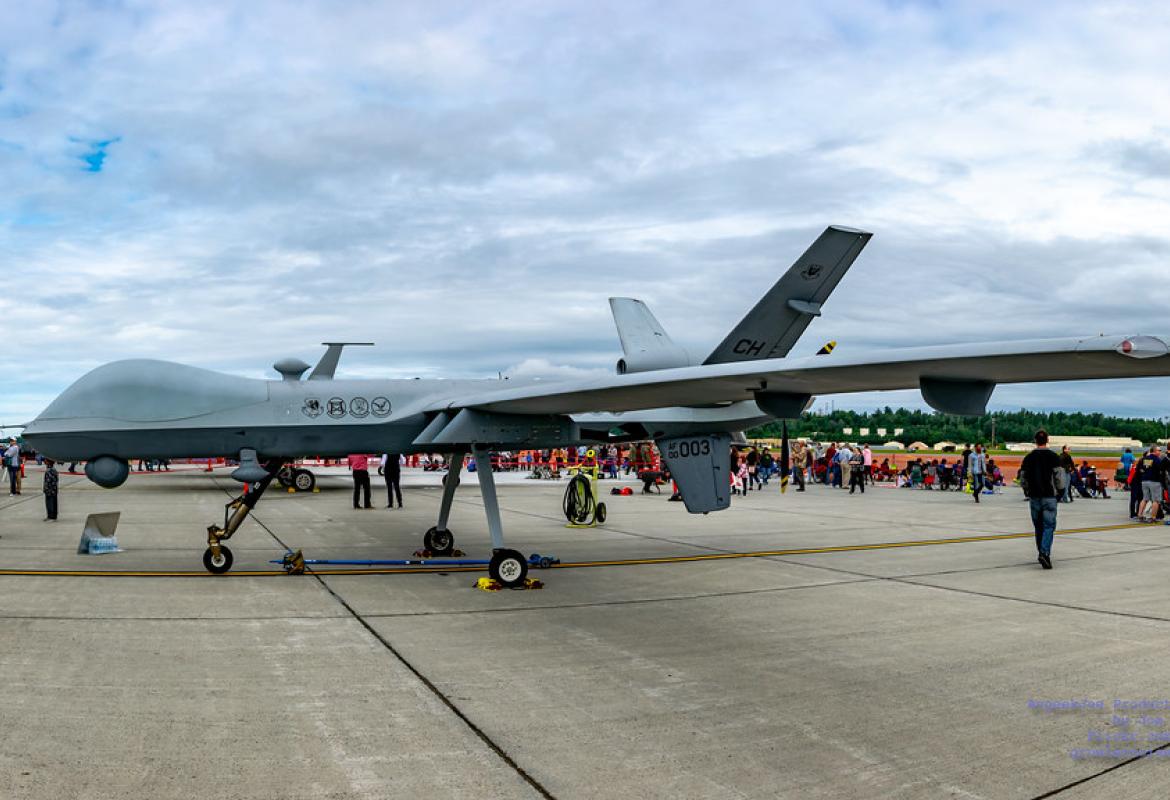Opponents to Syrian President Bashar al-Assad have united to form a national council, as Russian lawmakers visited the country to help defuse the ongoing crisis.
An 80-member central council was elected on Saturday, with a quarter deemed “young revolutionaries”, as various opposition groups unified in their aim to oust President Assad.
The council saw a wide range of groups negotiate and come together, including Arab and Kurd nationalists, as well as liberal opposition members and the outlawed Muslim Brotherhood.
The move comes as a delegation of Russian MPs came to the country hoping to meet with both the President and the opposition, in order to broker talks.
Russia, a long-time ally of Syria, has been criticized for obstructing any Security Council resolutions that have sought to condemn the current regime’s behaviour.
Previously, French Foreign Minister, Alain Juppe, accused the Syrian government of crimes against humanity and urged Russia to join them in passing sanctions against the Syrian regime.
Juppe told reporters that,
"The Syrian regime has committed crimes against humanity… The way it suppressed the popular protests is unacceptable.”
He went on to say that “there should be international sanctions” which would send “a powerful signal that such actions cannot continue ".
"I hope Russia will back us in the Security Council even if our positions do not yet fully agree."
Meanwhile Ilyas Uumakhanov, vice president of the Russian upper house said,
"Russia cares about the fate of the Syrian people. That's why we want to find a way to stop a negative scenario developing."
"We intend to assess the situation, lead the consultations with the different political forces."
Strong sanctions have been put in place against Syria by the EU and US, while the Arab League has also joined the criticism of President Assad’s regime.


